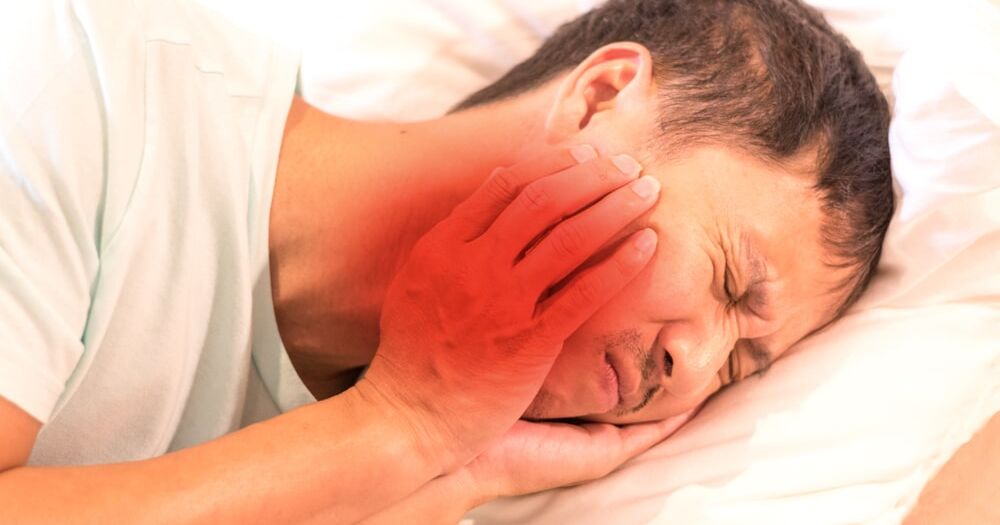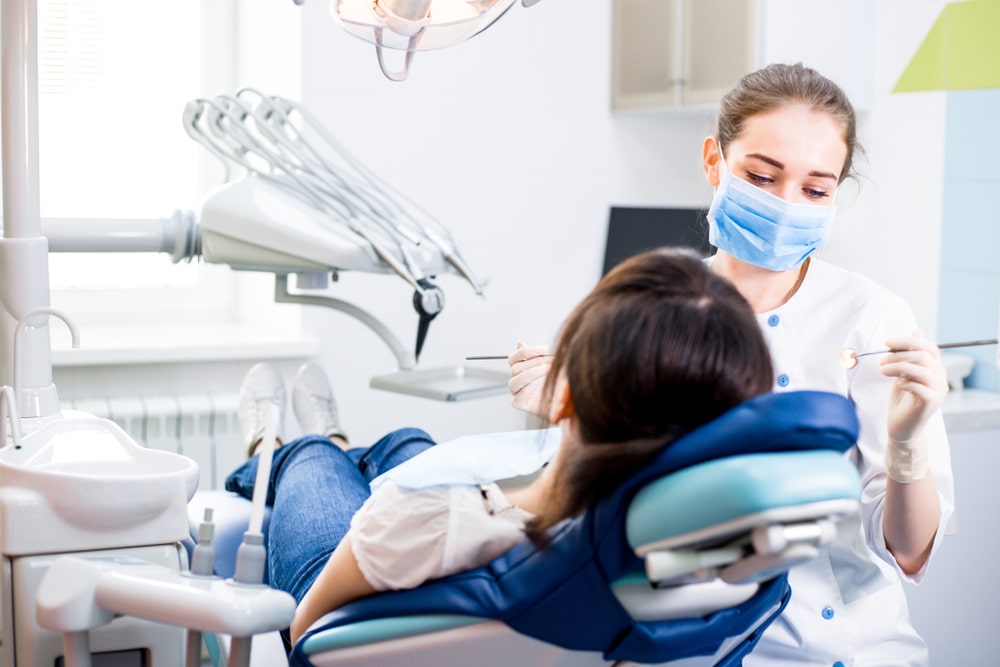Temporomandibular joint (TMJ) disorder is painful. It can have some negative effects on your life and overall health if left untreated. What might you experience if you ignore visiting a TMJ specialist in Pittsburgh?
Repeated Headaches
Headaches can mess with your life, causing you pain for lengthy periods. TMJ is known to cause repeated headaches, making it difficult to focus on work, family, and daily chores. Your temporomandibular joint connects your jaw to your skull so when you have issues with this joint, it is no surprise that headaches occur.
The pain can be mild like a tension headache or you may experience symptoms similar to a migraine. Either way, TMJ treatment in Pittsburgh can help ease the discomfort you are feeling.
Inflammation
Have you awakened to inflamed joints surrounding your jawbone? Your body may be trying to heal itself from TMJ. The inflammation from TMJ will continue to cause a problem until it heals. You may have trouble with loss of hearing or other discomforts when this occurs.
Sleep Apnea
TMJ can lead to sleep apnea because your jaw is out of place, causing your airways to be constricted. Sleep apnea can keep you and your partner up all night as you constantly wake up at odd intervals or snore loudly. Getting little to no sleep can make you unfocused during menial daytime tasks. Sleep apnea can also lead to other health complications like high blood pressure and heart issues.
Poor Oral Health
If you clench or grind your teeth, you could end up with TMJ. Continual clenching and grinding eventually wears down your teeth to the point of fractures and cracks. You might even end up with receding gums and the need for a periodontist if you ignore seeking a dentist for TMJ treatment in Pittsburgh.
Tinnitus
A constant ringing in one or both of your ears could be a result of untreated TMJ. Tinnitus can worsen if you ignore the problem, leading to irritability, lack of focus, and severe stress.
Body Pain
Untreated TMJ can cause pain in your back, shoulder, and neck muscles. When a misalignment occurs in your jaw, it can cause your entire body to become out of whack because other muscles compensate for the irritation caused by TMJ.
If you are experiencing any of the above symptoms associated with TMJ, seeking TMJ treatment in Pittsburgh can help you improve your quality of life. A TMJ specialist in Pittsburgh will determine the cause of your problem and recommend solutions to relieve your aches and pains.




